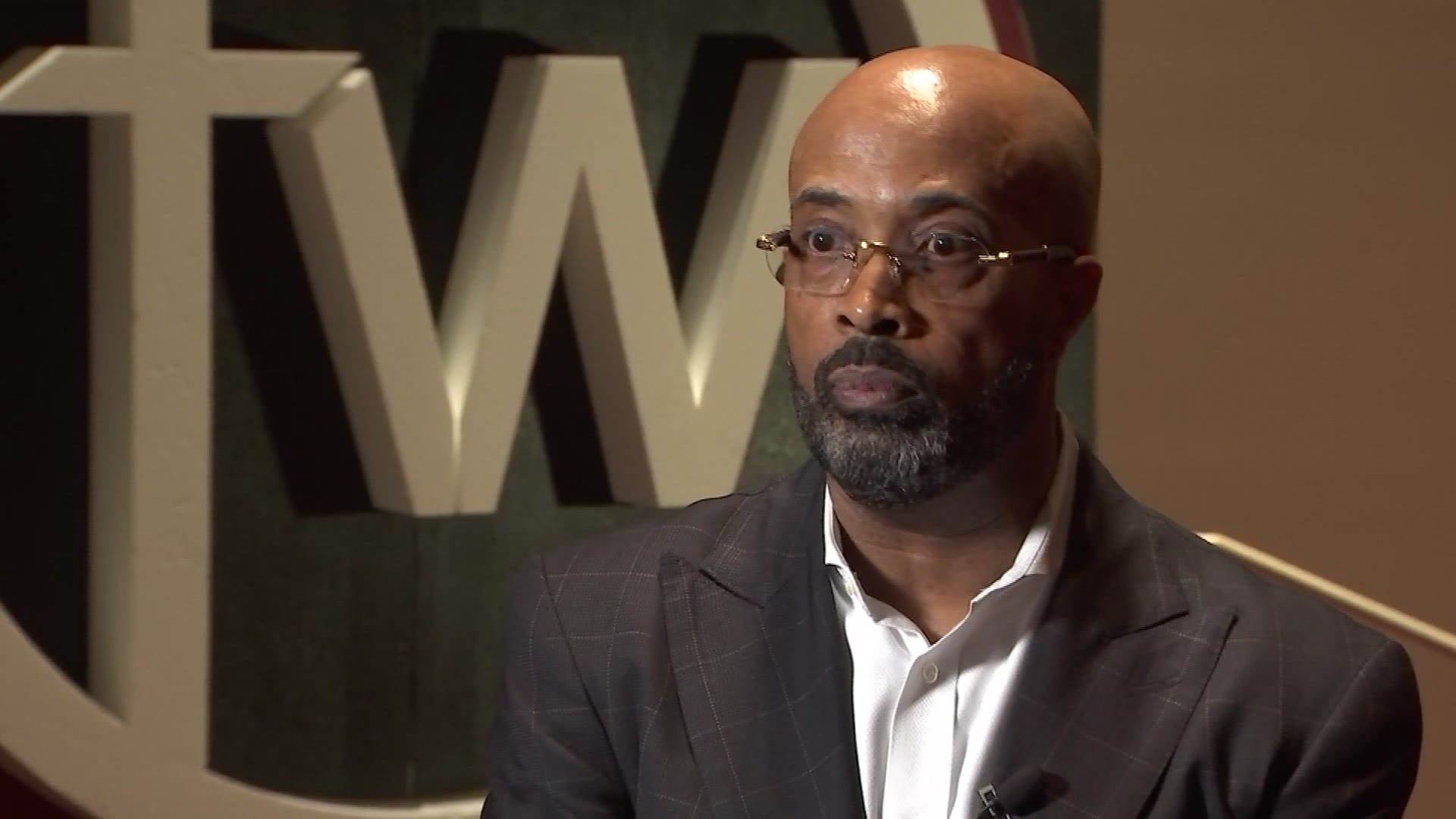On Wednesday, members of the Illinois House of Representatives came up two votes short of overriding Gov. Bruce Rauner’s veto of a bill that would have supplied state aid to fund Monetary Award Program (MAP) grants for low-income students in Illinois. This follows a successful override vote by the Illinois Senate.
The House fell short of the override as a result of Democrat Scott Drury voting against the proposal and Democrat Luis Arroyo not being in attendance.
Rauner’s office praised Democrat Drury and Illinois Republican lawmakers Wednesday for “standing up for taxpayers.”
“Despite the Governor's request that the General Assembly not waste time with a political vote that was never going to pass, the legislature is poised to leave students, universities and community colleges in the lurch for at least a month,” Rauner spokeswoman Catherine Kelly said. “We continue to urge Democratic leaders not to recess until the General Assembly passes a bipartisan proposal to fund MAP (grants) and higher education.”
The vetoed bill would have allocated $721.5 million for MAP grants for low-income students and operations at community colleges. Not a single Republican in Illinois’ House or Senate voted against the governor, citing the state’s incapability to fund the measure.
In a statement, Rauner claimed legislators were wasting their time “with a political vote that was never going to pass.”
“SB 2043 can only become law if Representative Franks or Representative Drury succumb to pressure from Speaker Madigan and flip their votes to force a massive tax hike on the people of Illinois,” Rauner’s Press Secretary Catherine Kelly said in a statement. “These members sided with taxpayers the first time around because this is a sham bill and an empty promise to students. We believe these members will do the right thing to ensure taxpayers are not left holding the bag.”
Politics
Kelly continued, claiming the governor is committed to funding higher education and MAP grants but does not want to add to the state’s ballooning deficit or institute tax increases.
“All of us want to fund higher education and MAP, and we stand ready to work with the General Assembly to find ways to do so without adding to the deficit or forcing a massive tax increase,” Kelly said.
An alternative Republican-backed proposal, supported by Rauner earlier this week, would allocate money for emergency funding to state universities and community colleges by eliminating the special fund repayment requirement.
Senate President John Cullerton commented on the Senate’s successful attempt to override Rauner’s veto of the bill Wednesday.
“The governor has repeatedly let these students down, students who were promised financial aid by his administration,” Cullerton said in a statement. “Today’s vote is an attempt to give the governor the opportunity to honor his administration’s commitments and prove that education is the priority he says it is.”
Following the House’s unsuccessful veto override, Speaker Michael Madigan’s office announced plans to introduce a new “compromise” plan Thursday.
“After listening to the alibi hour Wednesday, the Illinois House will be asked to consider an alternative proposal to end the higher education funding impasse,” Speaker Mike Madigan’s spokesman Steve Brown said in a statement. “Amendments to HB2990 and H648 are a new compromise effort that contains an agreed funding source and appropriations for higher education, MAP and a number of human service programs at the same level as was approved by the legislature in May 2015.”
House leaders will consider a bill Thursday to fund programs at levels previously approved by the General Assembly in May. That funding is tied to an additional measure that would nullify a state requirement to repay $450 million borrowed from special funds to shore up budget holes within 18 months.
Illinois has been without an official budget since July of last year. As a result, enrollment has dropped due to cuts in state funding for low-income students. Funding for state universities and community colleges have suffered greatly as a result of the impasse, as have social services



